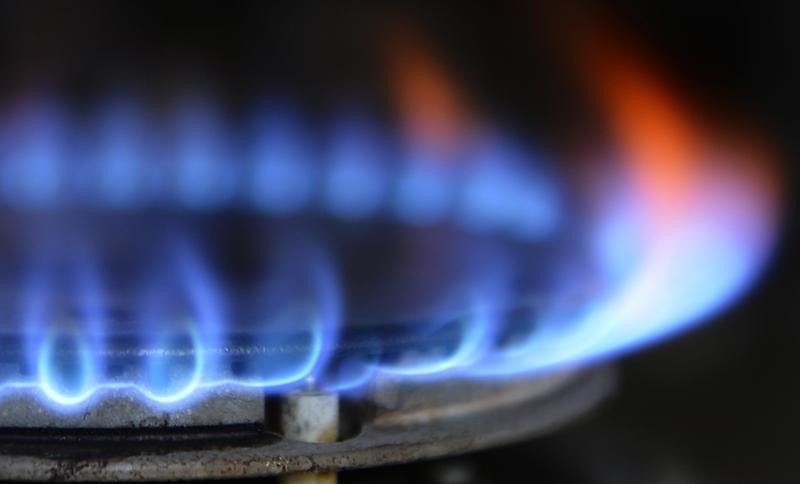By Nia Williams
CALGARY, Alberta, Sept 30 (Reuters) - Shippers on TransCanada Corp's TRP.TO natural gas Mainline system are not signing up to a 42 percent cut on 10-year contracts because they think the toll is still too high for such a long-term commitment, according to two sources.
Calgary-based TransCanada is offering tolls as low as 82 Canadian cents per gigajoule on its western Canadian Mainline, a substantial cut from the current shipping price of around C$1.41 a gigajoule to go from Alberta and British Columbia to markets in Ontario.
However, the new toll would depend on enough customers signing on to ship at least two petajoules of natural gas.
Two sources familiar with the matter in Calgary said shippers were not convinced by the deal on offer and were asking for a lower rate.
Mainline shippers include Canadian Natural Resources Ltd CNQ.TO and Encana Corp ECA.TO . Neither company responded to a request for comment, although in late August analysts at RBC Capital Markets, citing discussions with management, said in a note Canadian Natural regarded the rate as "too high to provide the comfort needed in connection with a longer-term agreement."
TransCanada said last month it was hoping to launch an open season in September to formally gauge appetite in the new tolling system, but would need to see sufficient interest from shippers before going ahead with that. spokesman Mark Cooper said on Friday that talks with shippers were continuing.
"We have met with our customers and we have heard them. We are going to continue to look at ways to ensure Western Canadian producers can retain and enhance market share in Eastern Canada," he said.
TransCanada's current settlement in place with Mainline shippers expires in 2020 and the company is eager to lock new contracts in place, while Western Canadian natural gas producers need of lower tolls to help compete with U.S. shale producers.
While Canada's remote Montney and Duvernay gas plays have comparable production costs to Eastern U.S. shale basins like the Marcellus and Utica, the greater distance to market increases delivery costs and the price of Canadian gas in Ontario.
(Editing by Matthew Lewis)
